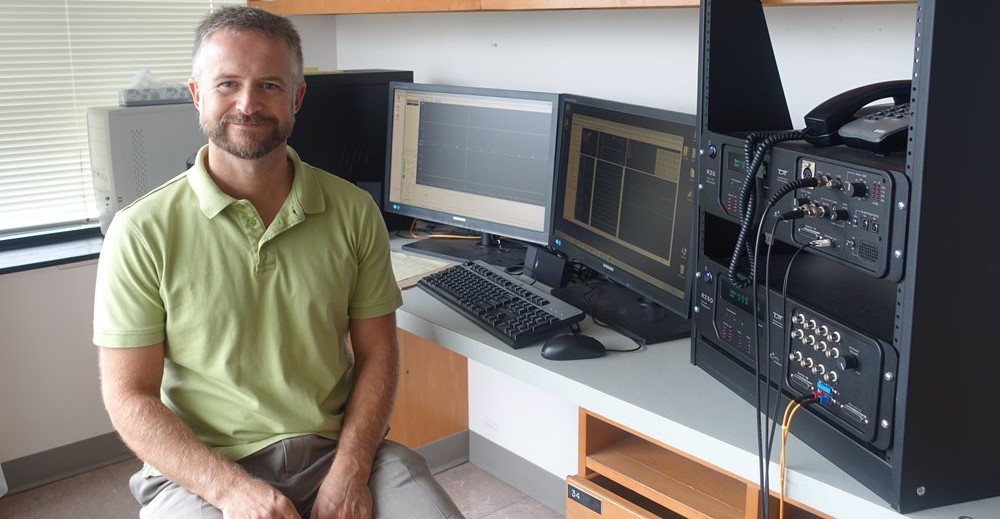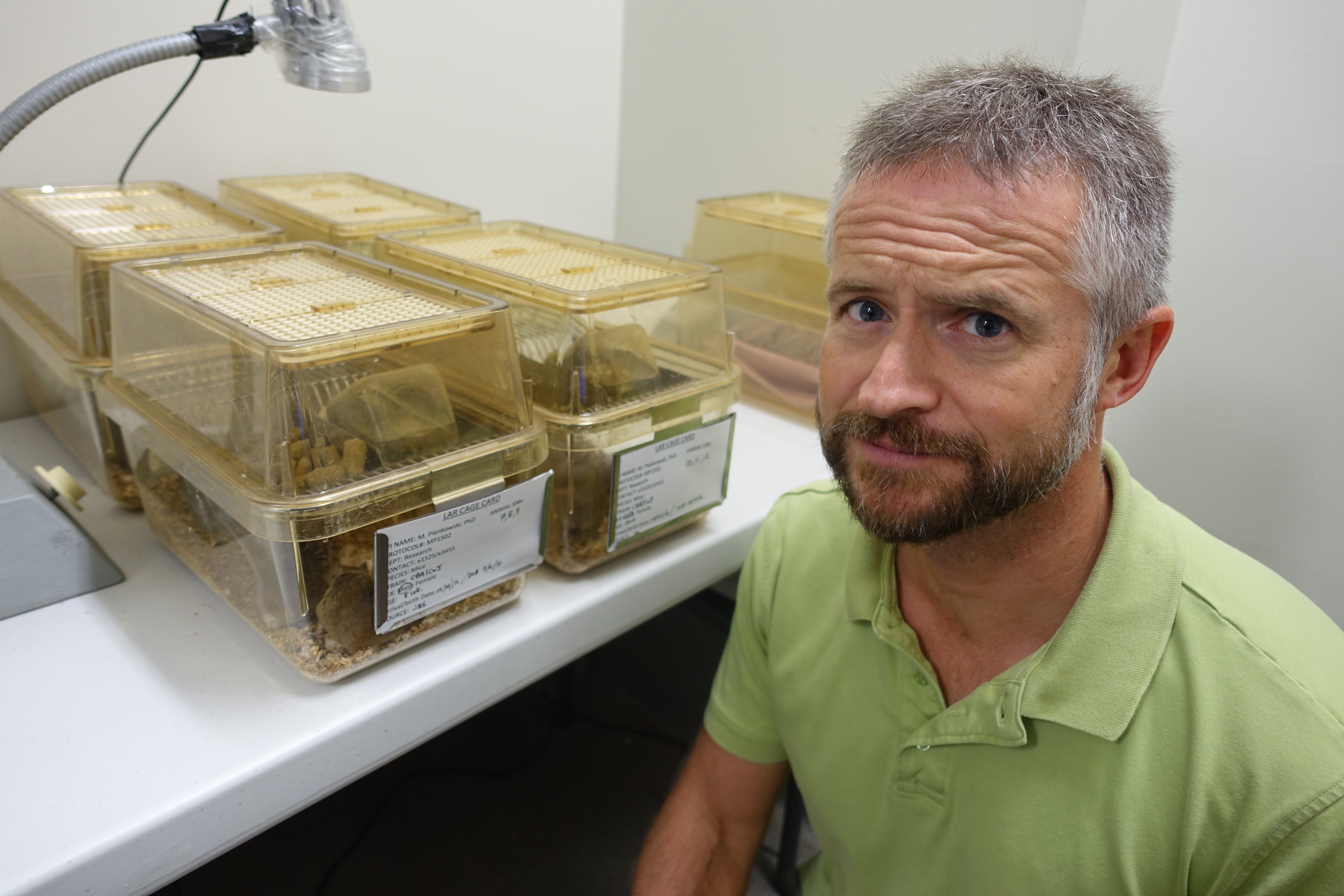
Inspired by curiosity and all things related to the natural world, Dr. Martin Pienkowski found an interest in many things, but science was his main attraction growing up. After attending the University of Toronto where he graduated with a double major in biology and physics, attending graduate school was an easy decision for him to make. The ear was the biophysical system he chose to focus on. Upon earning his master’s degree and PhD, he conducted seven years of postdoctoral research at the Karolinska Institute in Sweden and the University of Calgary in Canada
Dr. Pienkowski joined the Salus University Osborne College of Audiology in 2012 as an assistant professor, and currently instructs in the on-campus and distance education programs. Additionally, he maintains an active animal research lab and anticipates initiating collaborative clinical research in the near future.
 The history of science is full of fascinating discoveries and personalities; Dr. Pienkowski continues to be inspired by the intriguing lives of those creators. His current research efforts consist of investigating the long-term effects of exposure to moderate levels of noise on the ear and auditory brain, as well as on the perception of sound, including the pathologies of tinnitus and hyperacusis. “My present work is focused on animal models (mainly mice) but I intend to branch out to study these topics in clinical populations,” he commented. Recently, he published a major synthesis publication in Ear & Hearing titled, “On the etiology of listening difficulties in noise despite clinically normal audiograms”. His goal is to parlay this research into grants to study subtle forms of hearing loss within the Pennsylvania Ear Institute (PEI), the clinical practice for the Osborne College of Audiology.
The history of science is full of fascinating discoveries and personalities; Dr. Pienkowski continues to be inspired by the intriguing lives of those creators. His current research efforts consist of investigating the long-term effects of exposure to moderate levels of noise on the ear and auditory brain, as well as on the perception of sound, including the pathologies of tinnitus and hyperacusis. “My present work is focused on animal models (mainly mice) but I intend to branch out to study these topics in clinical populations,” he commented. Recently, he published a major synthesis publication in Ear & Hearing titled, “On the etiology of listening difficulties in noise despite clinically normal audiograms”. His goal is to parlay this research into grants to study subtle forms of hearing loss within the Pennsylvania Ear Institute (PEI), the clinical practice for the Osborne College of Audiology.
According to Dr. Pienkowski, one cannot truly claim to understand a concept unless they have the ability to explain it to others. His advice to current and future students – “stay curious.”